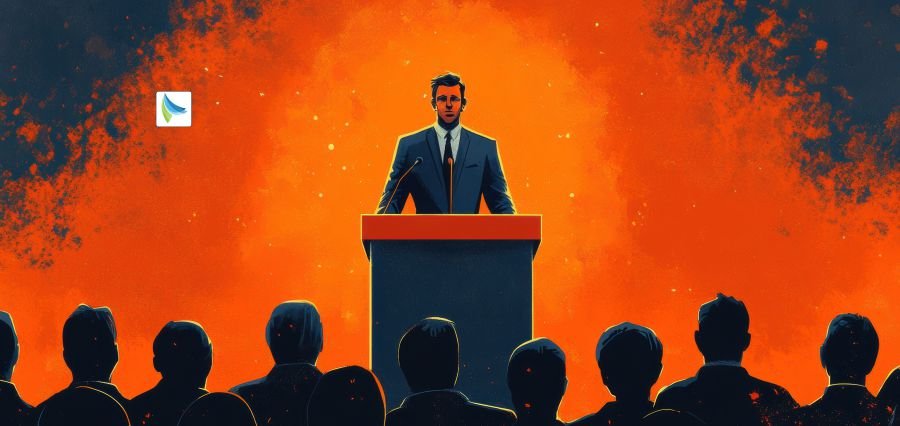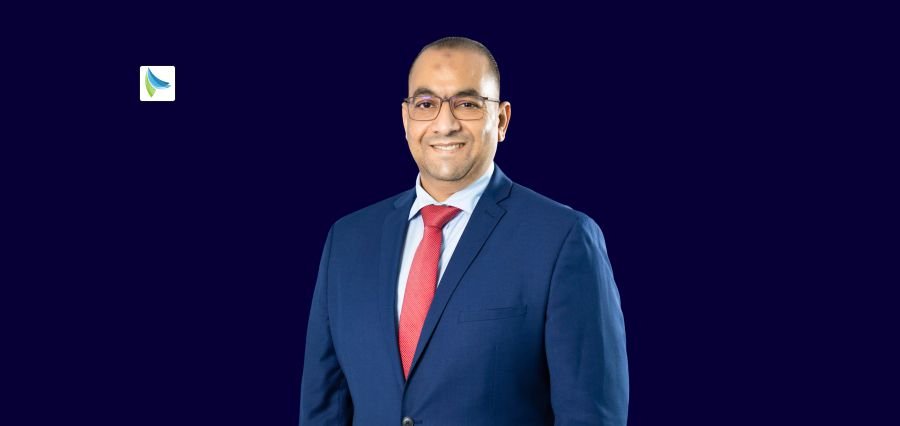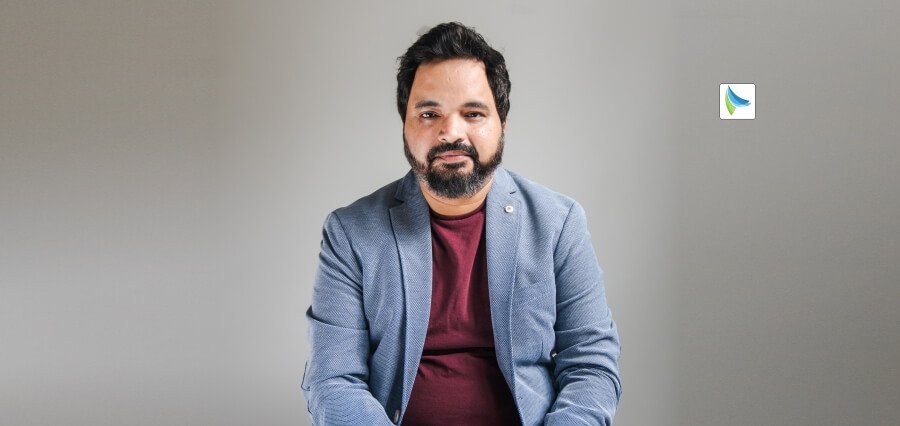Richard Larson’s name is synonymous with lifelong learning, innovation, and academic rigor. His journey through research, education, and public service offers a vivid illustration of how one person’s relentless pursuit of knowledge can create meaningful change in both local and global communities. Over the decades, Larson has built a legacy that spans across disciplines—from pioneering work in queueing theory to leadership in educational reform and MODEL-Based Thinking. But more than the accolades and positions, it’s his mindset—curious, compassionate, and committed—that has made the most impact.
His contributions have gone beyond university corridors and academic journals. Richard Larson has always believed that education is a transformative force, capable of empowering individuals regardless of background. His commitment to making knowledge more accessible to a broader audience has defined his post-retirement years, particularly through his book MODEL THINKING For Everyday Life. Even today, long after his tenure in academia, he continues to engage, teach, and inspire through public forums and media platforms.
In many ways, Richard Larson’s story is not just one of personal achievement, but also of enduring service to the idea that learning should never cease. Rooted in values of curiosity, discipline, and empathy, his work continues to influence the next generation of thinkers, educators, and innovators. His is a voice that champions not only academic excellence, but also humanity’s shared potential to learn, grow, and thrive.
Academic Roots and MIT Years
Richard Larson credits his journey in academia to his early admission to MIT at just 18 years old. Coming from Needham High School, he entered MIT with the support of his family, although finances were tight. While his father initially hoped he would commute, Larson joined the Phi Beta Epsilon fraternity, a decision that proved transformational. The fraternity was located on MIT’s Memorial Drive, offering both convenience and a tightly knit support system of peers.
Immersed in a vibrant academic culture, Richard Larson soon discovered his passion for systems and structures, which led him to pursue graduate studies and eventually a PhD in Operations Research. A pivotal moment in his career came when his faculty advisor, Professor Alvin W. Drake, invited him to stay on as an Assistant Professor—an offer that surprised him. He grappled with imposter syndrome, wondering if he truly belonged in a faculty role so soon after graduating. However, his deep intellectual curiosity pushed him to accept.
Larson rose through the academic ranks with integrity and excellence. He remained at MIT for the entirety of his professional career, drawn by the institution’s ecosystem of innovation and the joy he found in research, collaboration, and teaching.
Teaching as a Calling
Throughout his academic career, Richard Larson found his greatest fulfillment in teaching and mentoring. While lecturing brought its own rewards, it was the one-on-one engagement with students that he valued the most. Larson deeply enjoyed supervising research projects, guiding graduate students, and witnessing the evolution of curious learners into groundbreaking thinkers.
He believed that true education involved more than just content delivery—it required fostering a mindset of critical inquiry, encouraging creativity, and instilling intellectual rigor. Many of his former students have gone on to become thought leaders in their fields, and Larson takes immense pride in knowing he played a role in their development.
Richard Larson often emphasized that the role of an educator is to inspire and ignite passion for learning, not just to disseminate facts. He considered mentoring to be a reciprocal relationship where he too learned from the perspectives and questions posed by his students.
Championing Future Innovators
Although retired from teaching, Richard Larson continues to be an advocate for public intellectual engagement. His recent work has focused on simplifying complex ideas for broader audiences. His book, MODEL THINKING For Everyday Life, encapsulates this mission. In it, he explains how conceptual models—frameworks for understanding reality—can help individuals make better decisions, solve problems more effectively, and engage more critically with the world.
He views MODEL-Based Thinking as an essential life skill. By making these models accessible, he hopes to cultivate analytical reasoning and structured problem-solving in people from all walks of life. This effort reflects his larger belief: education should empower, not intimidate.
Learning as a Lifelong Habit
Richard Larson firmly holds that learning is a lifelong endeavor. Echoing Einstein, he often says, “A day without learning is a day wasted.” For him, learning isn’t limited to the classroom or academic texts. It can arise from the simplest daily experiences or the most complex research challenges.
Some of his most significant breakthroughs, such as the Hypercube Queueing Model, originated in unexpected places—even in dreams. Twice, he awoke with solutions to complex problems, including one instance where he documented a groundbreaking idea at 3:00 AM. These events confirmed his belief that the mind never truly stops learning, even in sleep.
Richard Larson urges others to remain open and curious. He believes that maintaining a mindset of inquiry keeps individuals intellectually agile and emotionally grounded. Whether it’s observing animal behavior or engaging in scholarly pursuits, he sees every moment as an opportunity for discovery.
Broadening Educational Access
Beyond his work at MIT, Richard Larson has made substantial contributions to education access. He has supported initiatives aimed at expanding educational resources to underrepresented communities, such as Notre Dame Cristo Rey High School. His belief is firm: education should not be a privilege of the few but a right of the many.
One of his enduring contributions to MIT is the establishment of the Richard Larson Chair in Data, Systems, and Society. This endowed faculty position supports research and teaching in areas critical to modern technological and social systems. It is his way of ensuring that MIT continues to cultivate excellence long after his tenure.
His philosophy is clear—education should be a catalyst for social equity, enabling all individuals, regardless of background, to realize their potential.
Facing and Overcoming Challenges
Even a career as illustrious as Richard Larson’s has not been without its struggles. One humbling episode occurred early in his teaching career when he was unable to adequately explain an equation during a lecture. The experience shook him and prompted a deep commitment to preparation and mastery.
From that point forward, he dedicated himself to knowing his subject matter thoroughly before every class. This approach not only improved his teaching but also reinforced a personal discipline of intellectual rigor. He views mistakes not as setbacks but as valuable learning opportunities that sharpen character and improve outcomes.
Balancing Career and Family
Throughout his professional life, Richard Larson remained deeply devoted to his family. He was married to Mary Elizabeth Murray (“Liz”) for 43 years, and together they raised three children and cherished the joy of four grandchildren. Liz was not just a life partner but a collaborator in many of Larson’s academic ventures.
She played a significant role in managing MIT BLOSSOMS, a global online learning initiative the couple championed. Their joint work took them around the world, including a memorable presentation in Saudi Arabia, where Liz addressed a large audience with poise and conviction.
Her passing left a profound void, but her legacy lives on in their shared contributions to education and public service.
Navigating the Rise of AI
Larson continues to observe emerging trends, particularly in Artificial Intelligence. He sees the rise of AI as both an opportunity and a challenge. On one hand, AI has the potential to revolutionize education and research. On the other, it raises pressing concerns about academic integrity and authentic learning.
He is particularly wary of students using AI tools to complete assignments without truly engaging with the material. His hope is that educational institutions will strike a balance—leveraging AI’s capabilities while maintaining the core values of learning: critical thinking, originality, and ethical inquiry.
Larson believes that while technology may change, the human traits that drive meaningful education—curiosity, creativity, and character—will remain essential.
Timeless Advice for Educators and Researchers
Richard Larson offers this timeless advice to aspiring educators and researchers: “Follow your learning passions.” He encourages intellectual curiosity, bold exploration, and the willingness to challenge conventional wisdom.
He points to his own breakthroughs—the Hypercube Queueing Model and the Queue Inference Engine—as examples of innovation born from persistent inquiry and unorthodox thinking. These contributions have been instrumental in shaping modern emergency response systems and operations management practices.
His message is clear: step beyond the familiar, engage deeply with the unknown, and let passion guide your intellectual pursuits.
Legacy and Future Aspirations
Although no longer conducting cutting-edge research, Richard Larson remains a tireless advocate for MODEL-Based Thinking. His current mission is public education—helping people across various sectors use models to improve decision-making.
His book, speaking engagements, and media appearances—including a prominent feature on a Times Square digital billboard—reflect his enduring belief that knowledge belongs to everyone. He continues to write, speak, and inspire, driven by the conviction that learning never ends.
For Richard Larson, the journey of knowledge is infinite. And as long as minds are willing to explore, he will be there—guiding, sharing, and learning alongside them.














